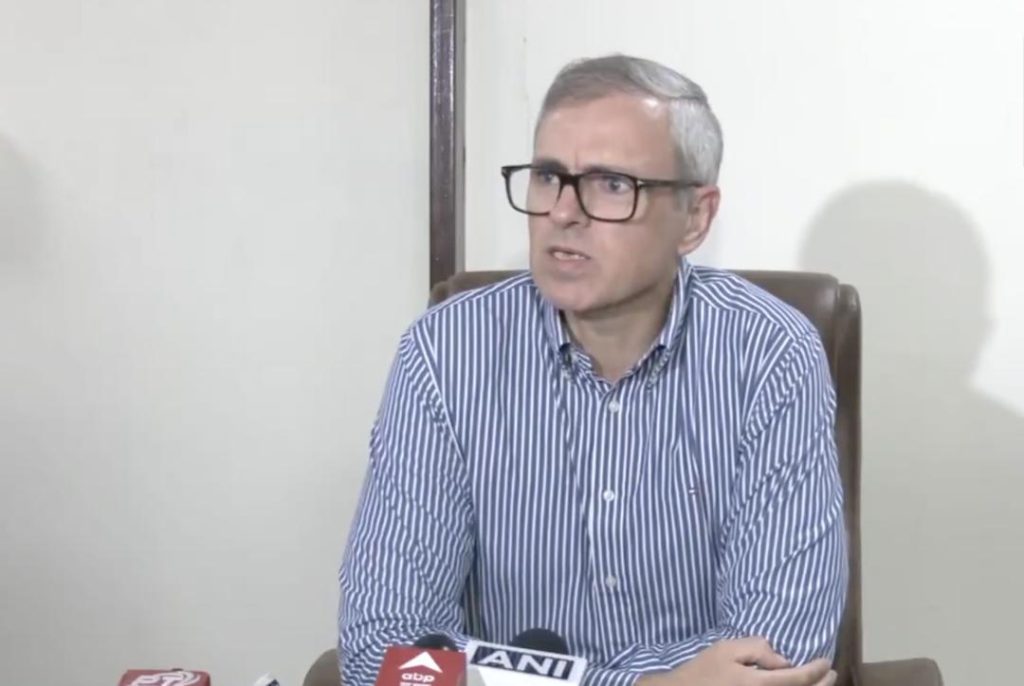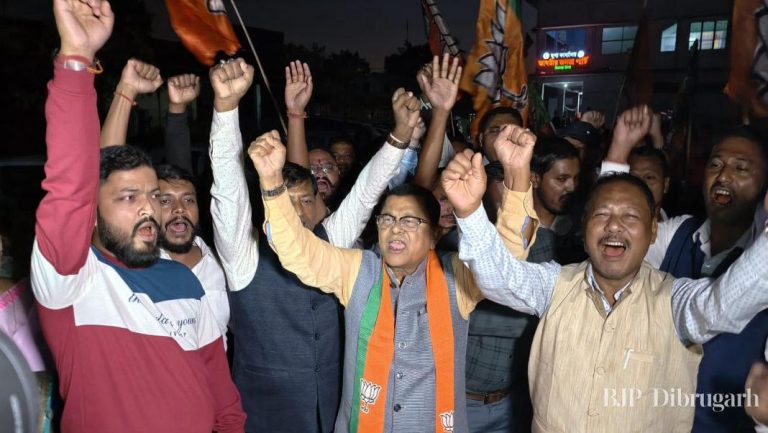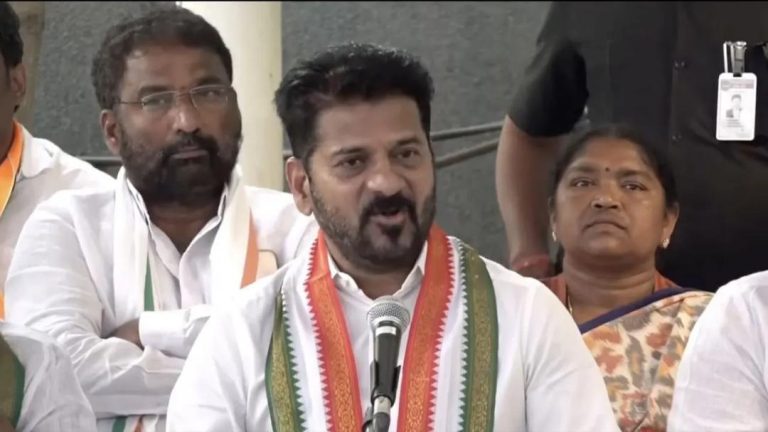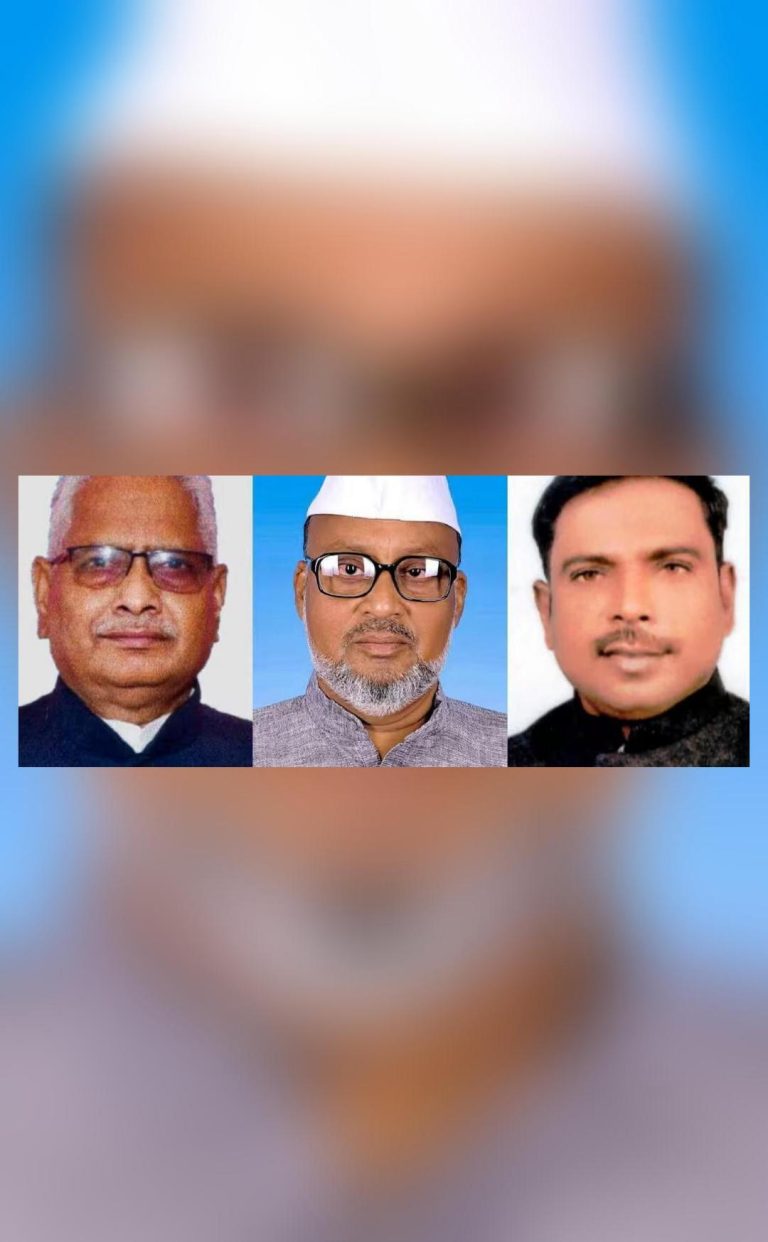
Why should I send water to Punjab?: J&K CM on canal proposal
In a recent development, Jammu and Kashmir Chief Minister Omar Abdullah expressed his reservations over a proposed 113 km-long canal aimed at redirecting surplus water from three western rivers of the Indus system in J&K to Punjab, Haryana, and Rajasthan. The canal, which has been a topic of discussion, has sparked a debate on the Indus Waters Treaty and the rights of the riparian states.
Abdullah’s comments came as a response to the canal proposal, which was put forth by the Indian government. The Chief Minister questioned the rationale behind sending water to Punjab, given that the state already receives an allocation of water under the Indus Waters Treaty. “Why should I send water to Punjab? Punjab already had water under the Indus Waters Treaty,” he said.
Abdullah’s statement also highlighted the long-standing issue of water sharing between India and Pakistan. The Indus Waters Treaty, signed in 1960, allocates the waters of the six rivers of the Indus basin between India and Pakistan. The treaty has been a subject of controversy in recent years, with both countries accusing each other of violating its terms.
The J&K CM’s remarks also raised questions about the equity and fairness of the canal proposal. “Did they give us water when we needed it?” he asked, seemingly alluding to the past water sharing arrangements between India and Pakistan. This question highlights the long-standing dispute between the two countries over the sharing of the Indus waters.
The canal proposal has been met with criticism from various quarters, with many arguing that it would benefit the states of Punjab, Haryana, and Rajasthan at the expense of Jammu and Kashmir. The proposal has also been seen as a move to undermine the Indus Waters Treaty, which has been a cornerstone of the relationship between India and Pakistan.
The controversy surrounding the canal proposal has also reignited the debate on the rights of the riparian states. The Indus Waters Treaty is based on the principle of “first-in-first-out,” which means that the upstream riparian state has the right to use the waters of the river first. However, this principle has been challenged by Pakistan, which has argued that the treaty is unfair and that India is violating its terms.
The J&K CM’s statement has also drawn attention to the longstanding issue of water scarcity in Jammu and Kashmir. The state has been facing severe water shortages in recent years, which has had a significant impact on its agricultural sector. The canal proposal, if implemented, would divert water from Jammu and Kashmir to other states, exacerbating the existing water crisis in the region.
The controversy surrounding the canal proposal has also raised questions about the role of the central government in the water sharing agreements between India and Pakistan. The central government has been accused of not doing enough to address the water sharing issues between the two countries, which has led to tensions and conflicts in the region.
In conclusion, the J&K CM’s statement on the canal proposal has highlighted the complexities and sensitivities involved in the water sharing agreements between India and Pakistan. The controversy surrounding the proposal has also raised questions about the equity and fairness of the Indus Waters Treaty and the rights of the riparian states. As the debate continues, it is essential to consider the long-term implications of the canal proposal and the impact it would have on the water sharing agreements between India and Pakistan.






